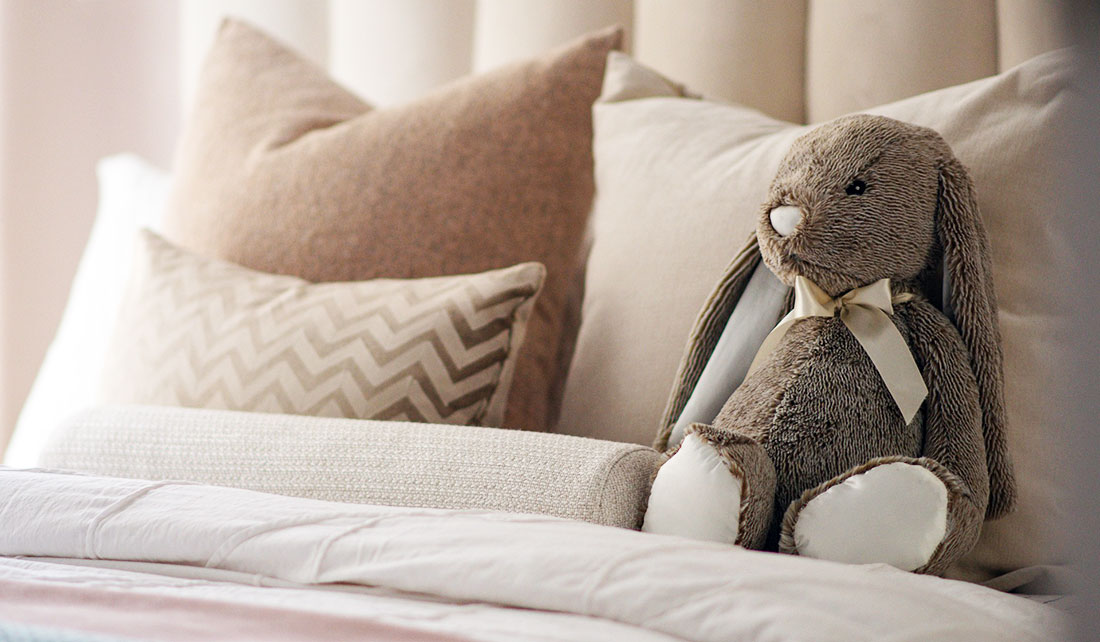If sleep is a problem for you, you have trouble getting to sleep or get to sleep but then wake up again, follow one, or a few, or all of the following suggestions.
If you still have difficulties, call me - I can help. I have a wonderful RTT program that will help you.

Sleep in the dark.
Close your bedroom door. Use blackout shades or wear an eye mask to sleep. If your clock has a light on it turn it away from you so the light doesn’t interfere with your sleep. Don’t turn on the light if you get up to use the bathroom. If you must have a night light use a red bulb.
Keep it quiet.
Any sound can interfere with your sleep, as well. Use earplugs if you live in a noisy environment. You could also use a fan for white noise that will block out most other outside noises. As long as it’s a steady, low sound it can lull you to sleep.
Your bed is for sleep and sex.
Don’t use your bed to watch TV. Don’t work while you’re in bed. Your brain should associate bed with sleep and sex only.
Keep a regular schedule for bedtime.
Our brains start producing melatonin after the sun goes down as part of our circadian rhythms. We naturally start to feel sleepy in the evening. Keeping a regular bedtime allows nature to assist us in sleeping. Staying up late on weekends and holidays disrupts our body clock making it more difficult.
Have a relaxing bedtime routine and stick with it.
Just before bed is a good time to meditate, do deep breathing exercises, have a relaxing cup of herbal tea like chamomile, valerian, magnolia or mint. There are many relaxing teas on the market for sleep and anxiety.
Eat your last meal at least 4 hours before bed.
This gives your stomach time to clear your last meal as your digestive system wants to go to sleep, too. A heavy stomach can prevent you from getting to sleep and sleeping soundly through the night. Eating too close to bedtime can give you heartburn, and can raise your blood sugar, which is also disrupting your body clock.
A warm bath or shower before bedtime can be very relaxing and raises your body temperature.
Once you are dried off your temperature will start to drop, which will facilitate sleep. When you go to bed your temperature drops naturally, sometimes as much as 2 to 3 degrees C. as part of the circadian rhythms of our bodies.
Minimize use of electronics and bright lights in the evenings.
Dim your screen, dim your lights. Use incandescent light in your home. The bright light can interfere with melatonin production and make it more difficult to get to sleep and stay asleep.
Expose your self to bright sunlight in the morning or early afternoon as often as you can.
Take 10 minutes to walk or sit outside without your sunglasses. This helps your body clock reset itself and can increase your production of melatonin in the evening.
Avoid alcohol and caffeine in the evening.
Both can disrupt your sleep and prevent you from getting good quality sleep. Be aware, many drugs and cough medicines may contain alcohol and/or caffeine.
Exercise regularly earlier in the day.
Physical exertion can help you sleep. A workout or even a walk for 15 to 20 minutes is all it takes to get a good nights sleep. Just don’t do your workout right before bed.
Eat whole foods on a regular basis.
Junk food and anything highly processed can interfere with your body clock, especially before bed. A whole food diet will keep you healthy, and it helps you deal with stress and anxiety.


